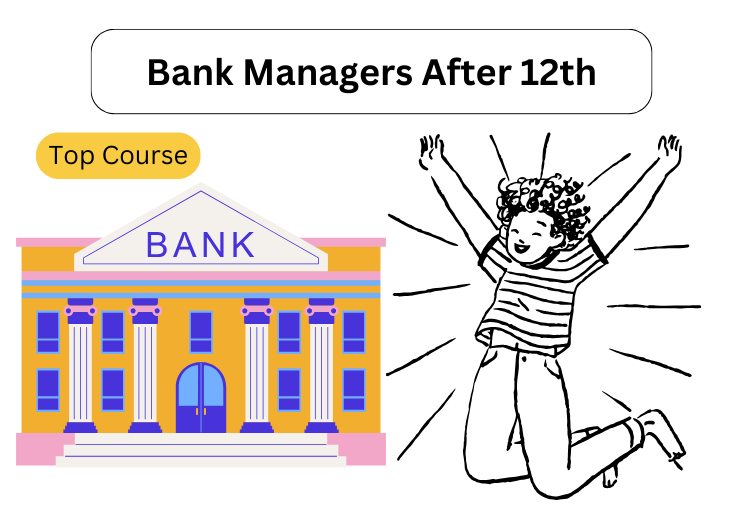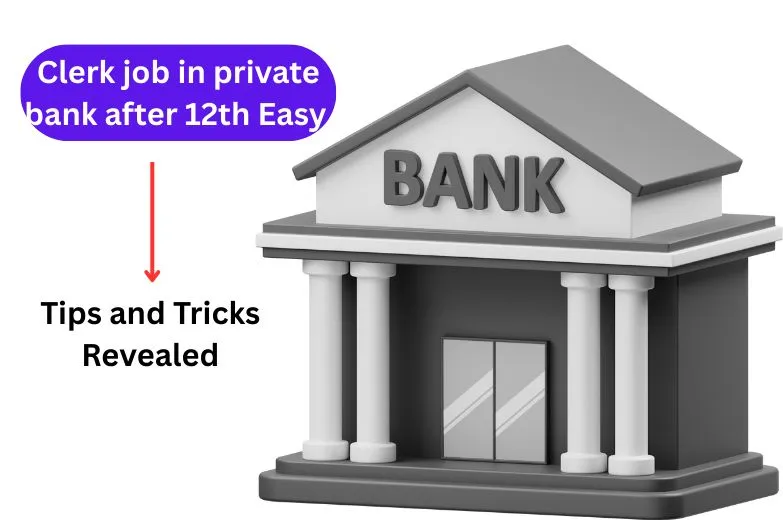What is it like friend? I am speaking your elder brother, and today I will understand how private banks can hold a job for Fresher in such as HDFC, ICICI, or Axis. There is a store of opportunities in 2025, just a little hard and plan needed When I finished college I thought it’s all difficult But once tried, and understood just a little direction Go stars be ready!
Table of Contents
Check your qualifications stars
First, friend see your qualification. Private banks have jobs for fresher such as customer service, sales officer or back office. Mostly need a B.com, BBA, or Finance degree If you are 12th pass, you may also get some clerical jobs, but the degree-owner will get more chance. I had a friend B.com did, he applied to Axis Bank’s career page and became the Probationary Officer. Banks are emphasizing digital banking in 2025, then if you have an NISM like basic computer skills or any certification, you will become a perfect star. I also thought earlier that time wasted in the certification but when done it impressed in the interview.
How to apply online buddy
Now listen, friend everything is online. Go to the official career page of banks like HDFC career. HDFC Bank.com, ICICI’s ICICIcarers.com or Kotak quota.com/career. Here the filter was Fresher or entry level. Seeing only yesterday, Stars LinkedIn Pay Kotak posted for Sales Executive. You place an alert on Naukri.com, actually or on the monster. Resetca became simple, write one page name, education skills such as MS Office, communications. Once I inserted an email id with Cool_Dud in Biodata, rejected. Then created Professional ID, and came the call. Tip is friend Put professional photos and use keywords like Team Player Quick Learner.
Reed: The Billionaire Blueprint After 12th Step-By-Step Guide
Prepare for tests and interviews friend
Apply, now what Stars? Don’t wait preparation begin Private banks have online Aptitude Test Mathematics, Regening English. Like Axis Bank did a drive in 2025, 50 questions in 60 minutes. You practice on Indian Bikes or Test books. I failed in the Test for the first time but made 1 hour of practice and cleared daily. The interview will be on the zoom friend, Common Questions are Why Banking? Tell me about yourself. You Say I like to help people so choose banking. Speak confidently smile Tell Trick? Practice in front of Mirror or watch recording your video.

Networking gets the job done stars
Networking too, friend Create an account on LinkedIn, connect bank employees. Send a humble message Hello I’m Fresher, want to know your banking experience. In 2025, a lot of jobs are getting from the referral. My cousin was active on LinkedIn, and a call came from ICICI Note AI in Biodata Keywords that match the job details such as Customer Service Sales Skills They notice the bank’s AI system. You become star friend.
A little hard work, a little patience big
There are challenges, stars Competition is very, so apply in 10-15 banks. The rejection will come don’t panic I also got rejected 4-5 times then got job. Good news for girls Private banks are focusing on women empowerment, there are special campaigns in 2025 You stay constantly, get out for 30 minutes of job search every day. Once I thought leave but Daily did TRII and became work You will do it too friend.
Finally
Take friends, certificates Kaurcera Pay has free banking courses, or IRDA, NISM certificates. This will stand out you. if Fintech’s boom is in 2025, digital banking roles are ready. A friend did the free YouTube course and impressed in the interview. You also try, stars this will show you different.
So, this was your guide Apply quickly, and ask if you have doubts. You will be an Academ Star in Private Bank, I promise Good wishes stars!




